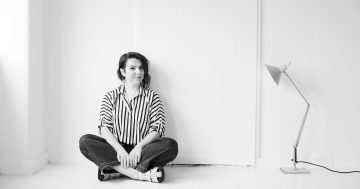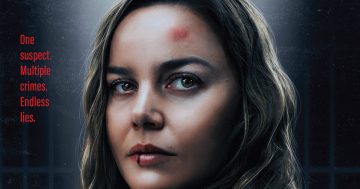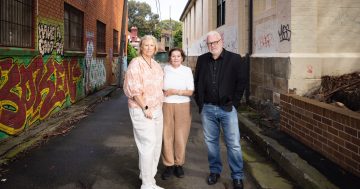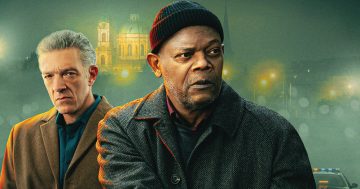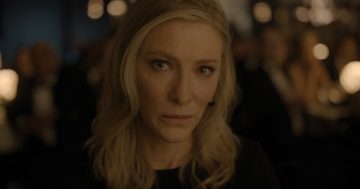Reviewed by Robert Goodman.
By Michael Bennett, Simon and Schuster.
 Plenty of crime fiction coming out of New Zealand at the moment is trying to grapple with the country’s colonial heritage. Michael Bennett’s debut novel Better the Blood takes on this legacy directly. Before coming to fiction Bennett has been an award winning screenwriter and true crime author, his book In Dark Places chronicling one of New Zealand’s most infamous miscarriages of justice. In Better the Blood, Bennett delves deep into the legacy of New Zealand’s colonial past and debates, through crime fiction, how best to come to terms with that history.
Plenty of crime fiction coming out of New Zealand at the moment is trying to grapple with the country’s colonial heritage. Michael Bennett’s debut novel Better the Blood takes on this legacy directly. Before coming to fiction Bennett has been an award winning screenwriter and true crime author, his book In Dark Places chronicling one of New Zealand’s most infamous miscarriages of justice. In Better the Blood, Bennett delves deep into the legacy of New Zealand’s colonial past and debates, through crime fiction, how best to come to terms with that history.
The book opens with a daguerreotype taken in 1863 of a group of British soldiers underneath a dead Māori chieftain hanging from a tree. Cut to the present day and Senior Detective Hana Westerman is having a bad day, the sexual assault victim she was supporting through a trial did not get the justice they were seeking. Then she receives a mysterious video clip which leads her to a body, the first of a series of murders which will tie back not only to that photograph but Hanna’s own past and the use by the police force of Māori officers to break up Māori protests.
The central question of Better the Blood is how people make peace with a violent past. And Bennett does this through a range of characters. The instigator claims to be trying to seek balance through killing, giving rise to the question of whether there is a better way. Hana herself has to come to terms with her role as oppressor of her own people but also the need she sees to be part of the police force. And Hana’s daughter Addison, as part of the new generation, has to both come to terms with the ongoing prejudice against her, her desire for social justice and her desire to live the life that she wants. None of these questions is simple and Bennett does not shy away from their complexity. So that while there is clearly a “bad guy” and “good guys” in this story, nothing is quite that simple.
Hana is a strong lead character – committed and torn and also very good at what she does. Part of this is her understanding the paradox of being a Māori in the Auckland Police force:
She thought about quitting the cops. She thought about it long and hard. That would be the easy answer. But it was the wrong answer. For Hana, being a cop wasn’t just a job… But then then the job you were born to do damages you. It damages you deep. But because it’s destiny, because there’s nothing else on earth you can imagine being, you find a way to live with the damage.
And in a way this epitomises one of the central concerns of the novel. How do you live with a damaging past? What is the best way to respond and move on, both as a person and as a society?
Overall, Bennett has delivered an engaging crime novel with a fascinating central character and plenty of heart. While there is possibly a bit too much speechifying in Better the Blood, the story it is telling and the messages he gets across are important. And the narrative is propulsive and tense enough to carry that weight.
Over 850 more reviews can be found on Pile by the Bed.


